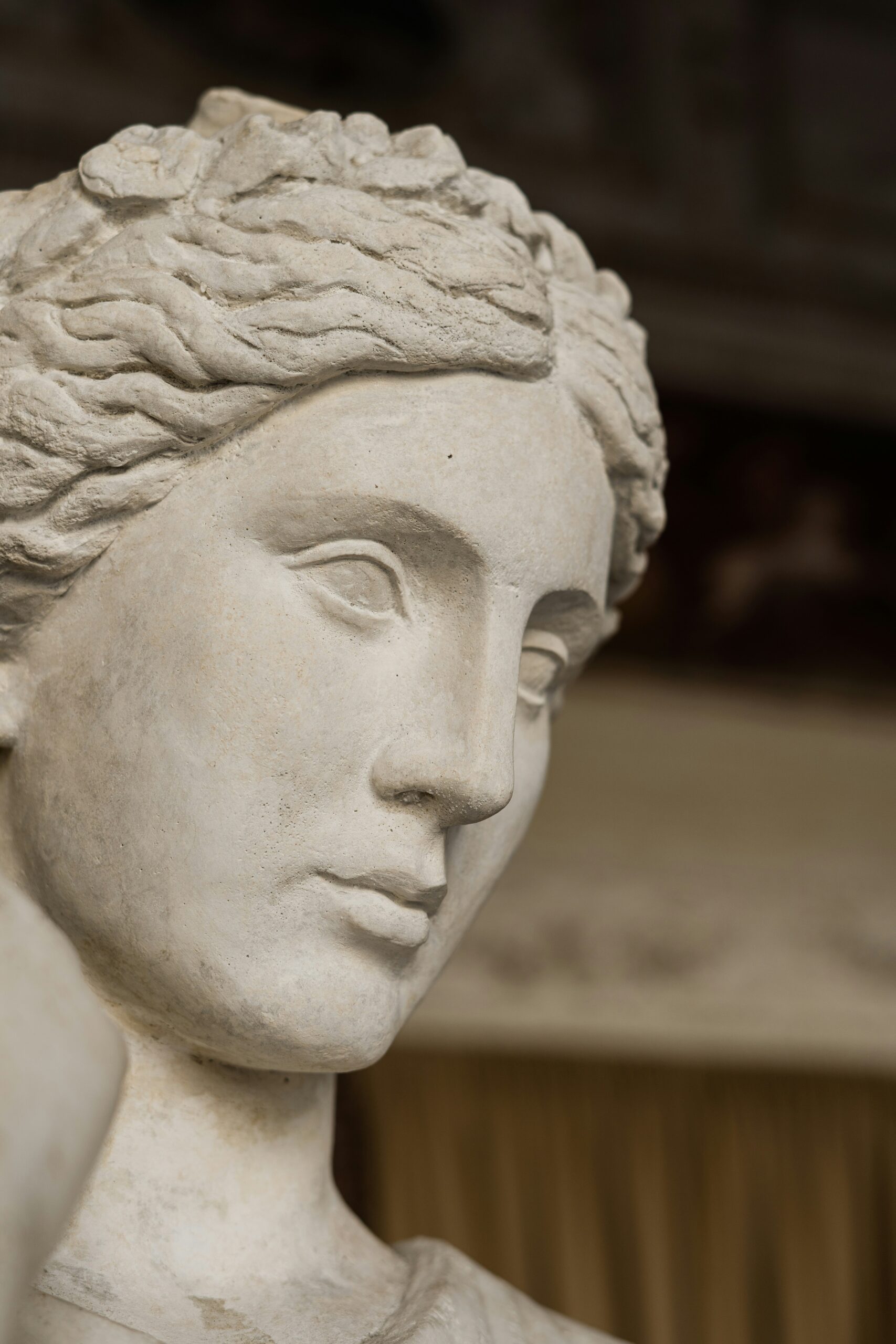Classical Studies
Ancient Greece is the cradle of Western Civilisation. The way we behave and think of almost everything – science, arts, architecture, and how we organise our societies – is influenced by the immense cultural achievements in this small period of human history. Delve into the fascinating world of the ancient Greeks and learn how your world was shaped by a small number of men and women, living, working and thinking in a tiny geographical area, some 2500 years ago.
What is Classical Studies?
Classical Studies is the study of the ancient Greek civilisation that is the foundation of modern western civilisation. The subject allows the students to know their present through an examination of the past.
Students receive a comprehensive geographical, cultural and historical overview of the Ancient Greek world, through both literary and archeological sources. Students learn about ancient Greek mythology and religion and their impact on society. They learn about the cultural boom in classical Athens and the origins of modern arts and sciences. They learn about the history of the ancient world, and the societal and cultural developments that laid the foundation for European politics and culture as we know it today.
In comparison to Classical Studies (Oldtidskundskab) in the Danish system, the 2-year programme at the European Schools offers more in terms of both depth and breadth. Thus, Classical Studies at the European Schools present a unique opportunity for curious and academically ambitious students to dive into the strange, but also strangely familiar, world of the ancient Greeks – whether as a preparation for further studies or as part of their general education.
Teaching
Classical Studies is an interdisciplinary cultural subject that combines approaches and material from diverse areas, such as art, history, literature, geography, philosophy, archaeology and social science. Students engage with primary sources, both written and material, and learn to analyse their significance to both ancient Greek and contemporary culture.
In S6, students are introduced to the following topics:
- The history and historiography of ancient Greece, from the Bronze Age (1500BCE) and up to the end of the Hellenistic Age (30 BCE)
- Greek art and architecture (focusing on architectural orders, pottery and sculpture)
- Rhetoric
- Greek mythology & epic poetry
- Greek Philosophy
- Greek Drama
In S7, students choose from a selection of topical modules. Some examples are listed below:
- Gender and sexuality in Ancient Athens
- Mystery Cults & the Orphic Religion
- Sophistry & Demagoguery in Democratic Athens
- The Mutilation of the Herms (an ancient Greek crime story)
- Tragedy and the Polis
- Art and Ideology in Classical Athens
Exam
As a complementary subject, Classical Studies cannot be chosen as an oral or written exam for the baccalaureate.
The B mark is the average of two semester tests, each lasting 45 minutes, with an annual total of four tests. Tests are based on primary sources and assess students’ ability to analyse and contextualise the material based on the material and methods covered in class.
